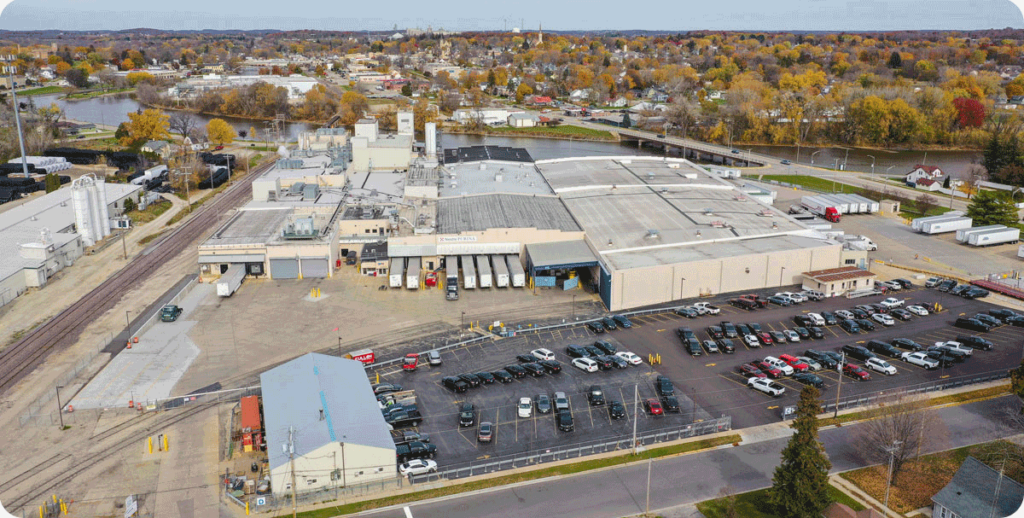
In one of the Business Development Tax Credit projects contracted last year, Nestle Purina PetCare Co. announced a $195 million expansion of its production facility in Jefferson, with WEDC authorizing up to $1.7 million in performance-based tax credits to support the project.
Big changes have arrived for one of WEDC’s most popular incentive programs that helps businesses locate or expand in Wisconsin.
This year, the state updated the Business Development Tax Credit (BTC) Program to give businesses more flexibility to respond to current market conditions. Traditionally, businesses have received these tax credits for projects involving both capital investments and job creation. In fiscal year 2024, WEDC authorized more than $20 million in BTC incentives for 22 projects.
The changes include:
- Allowing businesses to qualify for BTC incentives by making qualified capital expenditures, without any job creation requirements. Previously, in order to qualify for these refundable, performance-based tax credits, an eligible business needed to increase its employee head count in Wisconsin for each year of the contract term. Under the updated program guidelines, businesses can earn tax credits for capital investment as long as they do not decrease their Wisconsin employee head count. This change enables businesses to invest in real property and equipment while maintaining and upskilling their Wisconsin workforce.
- Providing a new incentive to encourage the creation of workforce housing and child care. A BTC award package can now include tax credits for up to 15% of the value of the capital investments a company makes for these purposes.
- Reducing the minimum amount of capital investment needed to qualify for the BTC Program from $1 million to $250,000, helping make the program accessible for smaller businesses.
“Under tight labor market conditions like we’ve seen recently, it’s crucial that WEDC be able to adapt its programs to support what businesses need to remain competitive—including making investments in equipment and technology upgrades while upskilling their existing workforce,” said WEDC Secretary and CEO Missy Hughes. “The changes to this key incentive program reflect the nimble and responsive approach to economic development we take pride in. In addition, it’s a huge win that we can build support for child care and workforce housing into these tax credit awards. These incentives will encourage companies to address critical workforce issues in our state while building an Economy for All.”
The changes apply to any tax credit project certified on or after Jan. 1, 2024. For more information, contact a WEDC regional economic development director.
